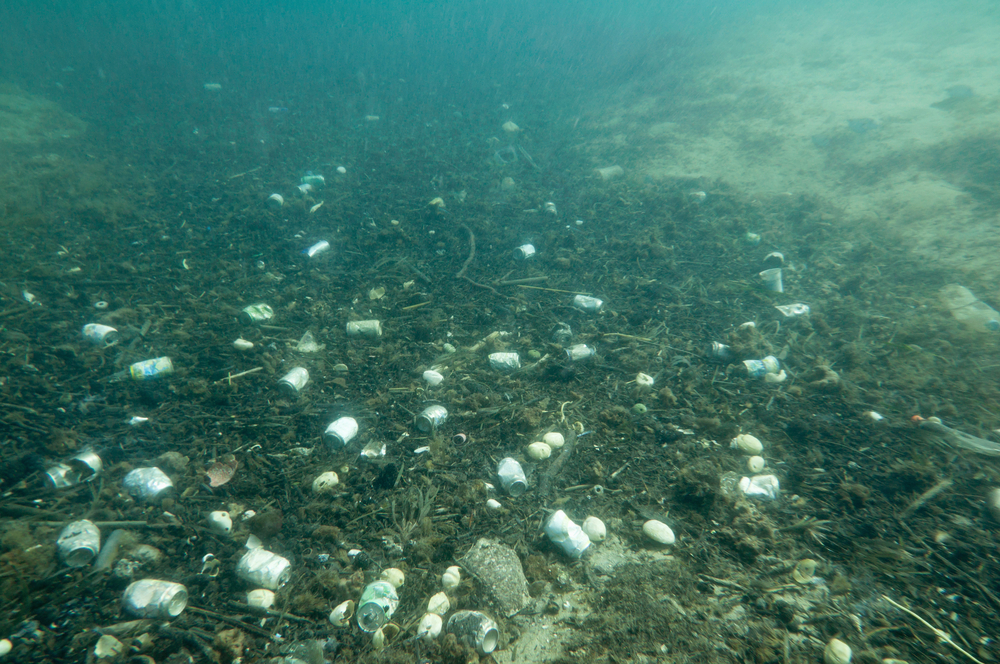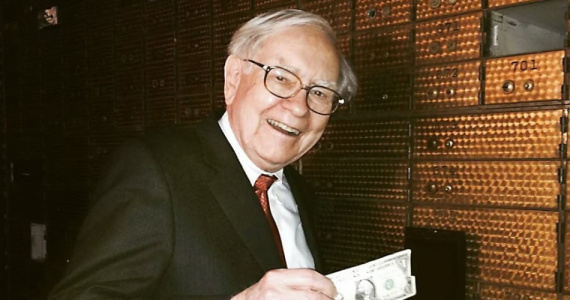Starbucks is the latest company to join the escalating war against plastic pollution after it vowed to ban plastic straws and stirrers from 28,000 stores globally by 2020. But the coffee giant’s move has been met with criticism from disability rights groups who are saying that straws aren’t really an option for the disabled.

Starbucks Faces Backlash
Starbuck’s announcement to phase out plastic straws last week stirred a series of protests from disability rights groups who said that the company’s decision could have a negative impact on the disabled community. Members of the Brooklyn Center for Independence of the Disabled (BCID) told news reporters that often have to rely on straws to able to eat and drink at a restaurant due to their disability. For normal people, straws are a matter of convenience, but for the disabled, they are a necessity.
A protest, organized outside a Starbucks in New York City’s Union Square on Sunday – which marked the annual pride parade for the disabled – was cancelled after an official statement from Rebecca Zimmer, the Global Environment Director for Starbucks in which she said that the company’s franchises will continue to offer straws to anyone who specifically asks for them.
The announcement, made on Friday, assured that Starbucks’ decision to eliminate plastic straws should not impact the disabled community. Anyone who needs straws for their beverage can simply request it at the counter while placing their order. Zimmer said that Starbucks is an inclusive brand that believes in providing excellent service to all customers, disabled or not.
Paper Straws Won’t Do
Despite the company’s clarification on its plastic straw ban, concerned activists like Joseph Rappaport, who serves as the executive director of BCID, still aren’t satisfied. Rappaport says that even though Starbucks hasn’t met most of their demands, he is hopeful that the company will continue to have a productive dialogue with activist groups in the future to address the rights of the disabled community.
Zimmer, who has been constantly in touch with Starbucks’ executives, says that even though straws will still be available in stores on demand, she isn’t sure if they will be made from plastic or paper. The organization,
Disability Rights Washington, said in an open letter on Facebook that it is extremely important that the stores offer straws made with plastic instead of paper since none of the biodegradable alternatives offer the same flexibility and strength as plastic. While paper straws tend to dissolve quickly, metal ones can become too hot or cold, making customers susceptible to injuries.

The anti-plastic movement has been gaining momentum over the past few months as more and more corporations are succumbing to public pressure and banning the use of plastic cutlery and straws. The trend started with National Geographic’s Plastic or Planet Movement as well as other viral videos of marine life dying from plastic pollution being pushed by environmentalist groups like Ocean Conservancy and Stop Sucking.
Plastic Straws Aren’t the Problem
The horrific imagery and repeated urgency in the environmentalists’ message has stirred a strong response from the public demanding a total ban on all plastic straws, bags and cutlery for the sake of the environment. But what about the disabled?
Now a growing number of companies including McDonald’s, Marriott, and Hyatt are considering a total plastic ban by the year 2025. Other coastal states like Hawaii and California have also revealed plans to ban plastic straws statewide. While the move is welcomed by environmentalists across the globe, the disabled community is not too happy.
Scholar Kim Sauder was one of the first activists to raise the issue with the plastic ban. Before that, no one had considered the challenge the disabled community would have to face without having the availability of a straw, especially for those people who aren’t able to lift the cup to their mouth.
Lawrence Carter-Long, a disability rights advocate, says that straws have come a long way over the past decades, with the new bendy designs which benefit elders, children and the disabled community.
Disabled people also have similar concerns about the environment as everyone, but plastic straws only make up a small percentage of the ocean’s pollution. The real environmental concern is the accumulation of microplastics which are released in bioaccumulate and other industrial waste.





